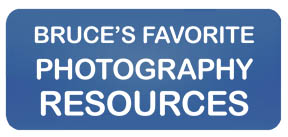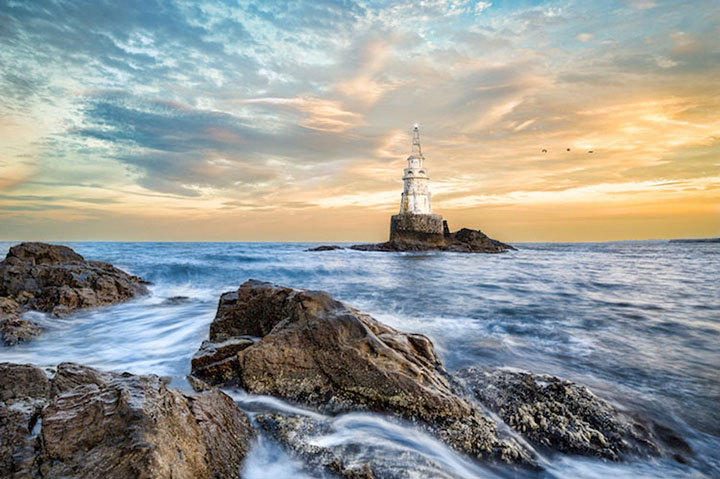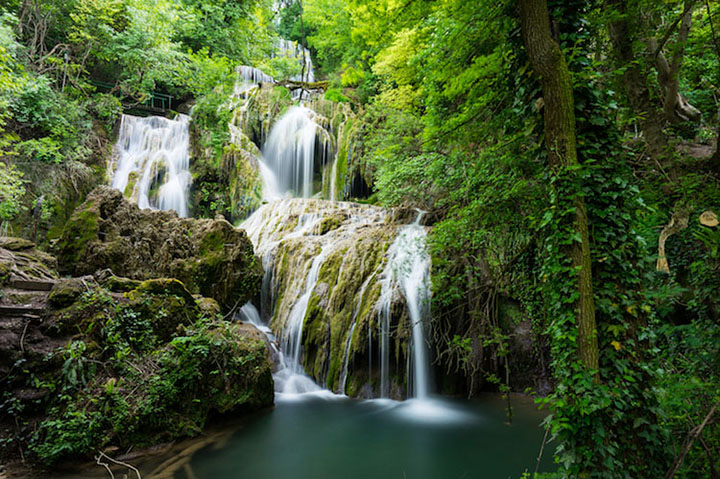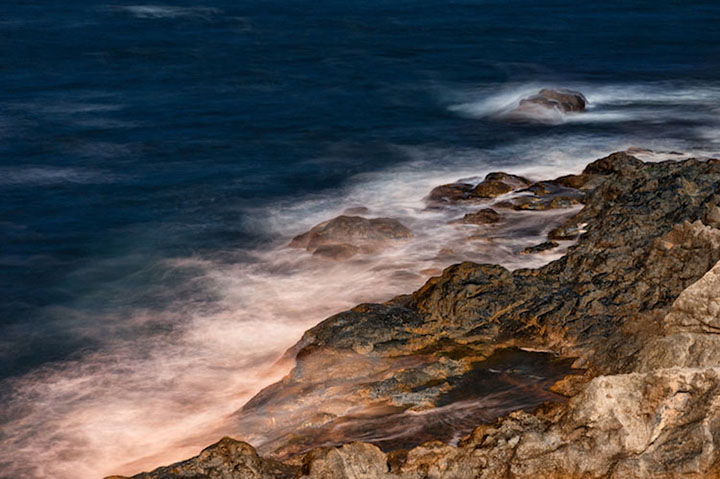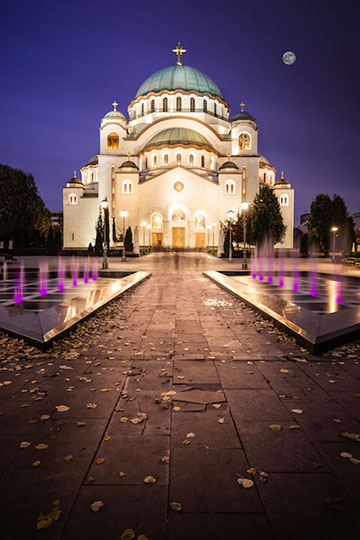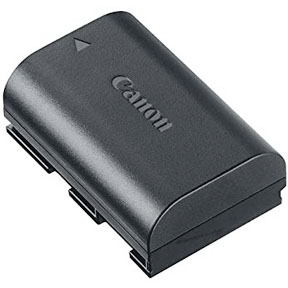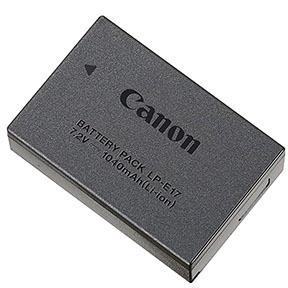HOW TO POSTS: LIGHTING AND COMPOSITION
Mirrorless vs DSLR
You're curious about the Mirrorless vs DSLR debate and you want to know what are the key differences are between these two digital camera formats.
The following guest post by Milan Ljubisavljević will give you a valuable perspective on the differences between DSLRs and mirrorless cameras. I added my own two cents to the DSLR-mirrorless comparison, so that you get two opinions at once.
Article on DSLR or mirrorless - by Milan Ljubisavljević:
You may be wondering if mirrorless cameras are a good enough alternative to your bulky dSLR bodies and how it might have an impact on your productivity if you switch. As you’re probably aware, there are benefits and downsides when switching from one system to another. Having been a dSLR user for more than 10 years, myself, and now a mirrorless user for 3 years, I will try to explain all of the benefits and downsides that you might want to consider, and can likely expect to encounter, when you begin using mirrorless cameras.
Hitting the Road
If you wish to travel lighter you may be considering a mirrorless, specifically, for this reason. Truth is, that “lighter” all depends on what sensor size is in the mirrorless system(s) you switch to. If you want a full frame mirrorless (Sony A7, A9 series for example) you will, indeed, get a smaller body, but the lenses will generally stay the same size. The camera does get smaller, but not by much.

A good side, here, is that there are quite a few compact lenses for you to choose from. For example, you can get away with a more compact system if you don’t opt for f1.4 and f1.8 lenses. Another option is to get an APS-C sensor in your mirrorless camera, and here you have quite a variety of options and manufacturers (Sony, Fuji, Canon…) to choose from.
APS-C models are the best balance between image quality, price, and size and you will have quite a lot of lenses to choose from. And the last option, if portability is number one of your priorities, is to go for the Olympus and/or Panasonic with 4/3 sensor size bodies, or even the Nikon 1 series with a really small 1” sensor. Those cameras are very lightweight and compact.
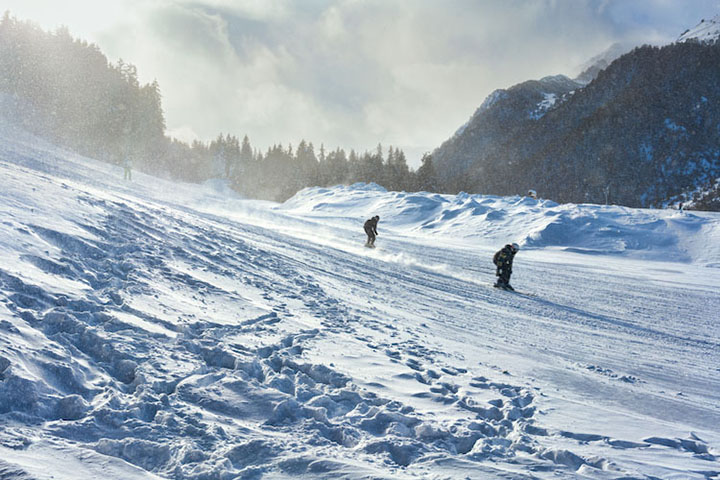 Cold Weather Travel Photography
Cold Weather Travel PhotographyThe downside here, however, is that you will not get such a good image quality in terms of higher ISO values and dynamic range. Also, depth of field is much different if you pick an f1.8 lens for a full frame sensor compared to an f1.8 lens for a 4/3 sensor. DoF will be much shallower for full frame sensors at the same aperture values. While you can certainly establish a lighter set up for yourself, be aware that there are trade-offs to consider that make impact your specific shooting needs.
focus, view, and action
Another benefit in using mirrorless cameras you’ll find, which can sometimes be very important in certain situations, is that mirrorless cameras' focus points can usually cover more than 90% of the frame. This means that you can move your focus point almost to the very end of the frame. This can be a huge advantage when you’re using focus tracking, because your subject doesn’t have to be around the center of the frame during tracking. Combine large frame coverage with fast hybrid autofocus and you get a very serious tool in your hand.
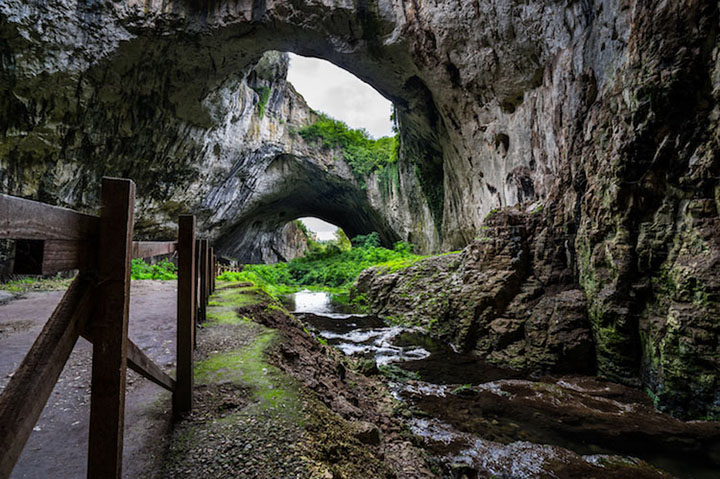 Sample Sony A7 II Image
Sample Sony A7 II ImageWe should not forget to mention the electronic viewfinder and compare it to the optical viewfinder in a dSLR. Electronic viewfinders display the image as the lens sees it, unlike an optical one in a dSLR, so you get a live preview of your shot. That means that you can see how the image is exposed before the photo is taken, and correct parameters accordingly. One of the downsides here is that the EVFs in some cheaper models have low resolution, but if you are not going for the entry level models, EVFs will be quite up to the task in modern mirrorless cameras.
DSLR cameras have a mirror inside which moves when you press the shutter button and take a photo, which can produce a bit of noise and also camera movement if you are using a tripod, making your image soft in terms of sharpness. To reduce camera shake due to the mirror’s movement, dSLR cameras have mirror a lock-up function, but still, the noise is there. If you want to take images incognito, mirrorless cameras are quieter and some models are almost completely silent if you enable silent shutter in the menu options.
Mirrorless vs DSLR for battery life
Hate a short battery life? You are definitely not alone here. Everyone hates a short battery life, and the worst thing that can happen is running out of juice in the middle of shooting. Size is the limiting factor here, the bigger the battery the longer it lasts, generally, and since mirrorless bodies are smaller, their batteries are smaller, limiting their charge life, especially in full frame mirrorless cameras.
So you should be prepared to carry at least 3 batteries (more if you can!) with you if you pick the Sony A7 series, for example. Sony knows this and in their latest model A7R III, battery life significantly improved, so now the gap between dSLR vs mirrorless is smaller, but does still exists.
DSLR and mirrorless Lens Availability
If you use Nikon and/or Canon, you probably love that you can always pick any lens you need and it will fit, because there is a huge family of lenses for both of those systems. Nikon can even use lenses that are decades old on most of its modern cameras. That is still not the case with mirrorless, because they are new systems and it takes years to develop a respectable lens family.
As time goes by, the situation is improving, but still, lenses with certain focal lengths and apertures are simply not yet being produced for mirrorless. Also, the price for mirrorless lenses is usually higher compared to dSLR models of the same sensor size, so keep in mind that you will probably need to invest more money to build a respectable mirrorless full frame system.
Many other aspects are also biased towards dSLR. Focusing is faster when comparing same sensor size bodies. Ease of use is still in favor of dSLR. If you want to quickly change shooting parameters, take photos, and adjust settings, mirrorless is still one step back compared to dSLR. If your photography work involves quick action and is fast paced in changing the camera settings and taking photos, mirrorless is not the best choice at the moment.
There are, of course, more differences between mirrorless and dSLR, but these are likely the most important for the majority of amateur and professional photographers.
Maybe in a year or two, this comparison will be different, because mirrorless is improving constantly, but at this moment, at the beginning of 2018 the situation is more or less as described here.
I switched to mirrorless because I primarily do landscape and travel photography, and for this kind of work, it is important to be lighter and more compact, while at the same time not sacrificing image quality.
This is why my full frame mirrorless gives
me very good results and is just the system that I need. I can put on
a small 35mm f2.8 lens and feel like I am not carrying a camera with
me. So, switching to mirrorless, for me, was the right way to go. For
you, the circumstances may be different. Hopefully some of the
information and first-hand experience I've laid out here can help you
decided the mirrorless vs dSLR question.
Images copyright Milan Ljubisavljević via Dreamstime.com.
Author Bio:
Milan Ljubisavljević is a physics professor who began doing photography as a hobby in 2003. Currently, he is a remote image content editor for the Dreamstime stock photo agency and teaches photography techniques and technology in Belgrade.
my thoughts on the mirrorless vs DSLR debate
The mirrorless vs DSLR conversation has been going on in my head for quite some time. The challenge is in the economics, not the technological capabilities. I like the idea of using a lighter, smaller camera and you should consider how much a DSLR weighs when you're choosing between the two formats. The improvements in mirrorless camera design and performance in just the last few years has swung the pendulum toward mirrorless.
The move to mirrorless cameras is like society's needed move to renewable energy.
It's long overdue.
The facts are that I am Canon shooter and have pro Canon lenses. I am reluctant to jump ship to a whole new camera system like the Sony and shell out a lot of dough for a whole new set of lenses. The logical choice then would be with a Canon mirrorless camera.
I read all the disappointing reviews on the early Canon mirrorless cameras, but became a little more optimistic with the significant improvements with the introduction of the M5 and M6. The M1 and M2 were simply dreadful.
I was ecstatic once I heard the rumors of a full-frame Canon mirrorless to be officially announced in 2018. I've purchased 6 Canon DSLRs over the last 18 years and am looking forward to diving into the mirrorless world.
Here's the post I wrote on the choice I finally made on which mirrorless camera to get first, the Canon EOS R.
video on the mirrorless vs DSLR debate
I found a video for you that will be good for you to watch. It's heavily biased toward Sony mirrorless, but still worthwhile watching, particularly if you are mirrorless vs dslr beginner.
Summing it up, the mirrorless vs DSLR debate comes down to your own specific situation. The camera bodies are so conveniently small and so capable, it's really comes down to money and lenses. It's a great time to have a strong interest in photography! Keep on Shooting!
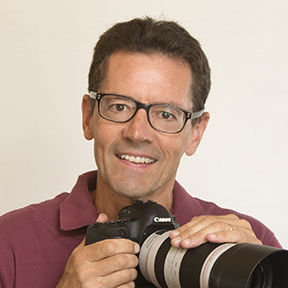
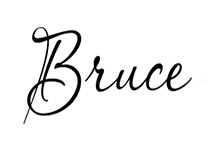
ABOUT BRUCE LOVELACE
Bruce is the publisher of this website. He is the author of the book "Improve Your Photography Instantly." Read more on Bruce on his Bio Page. He's been known as The Traveling Photographer ever since 1994. Read more about this website.
View some of Bruce's photos on Instagram. Visit the Facebook Page. Watch him on YouTube. Bruce runs photo workshops for kids and adults, and provides one-on-one photography coaching.
Digital Photography Education Location on Google My Business
